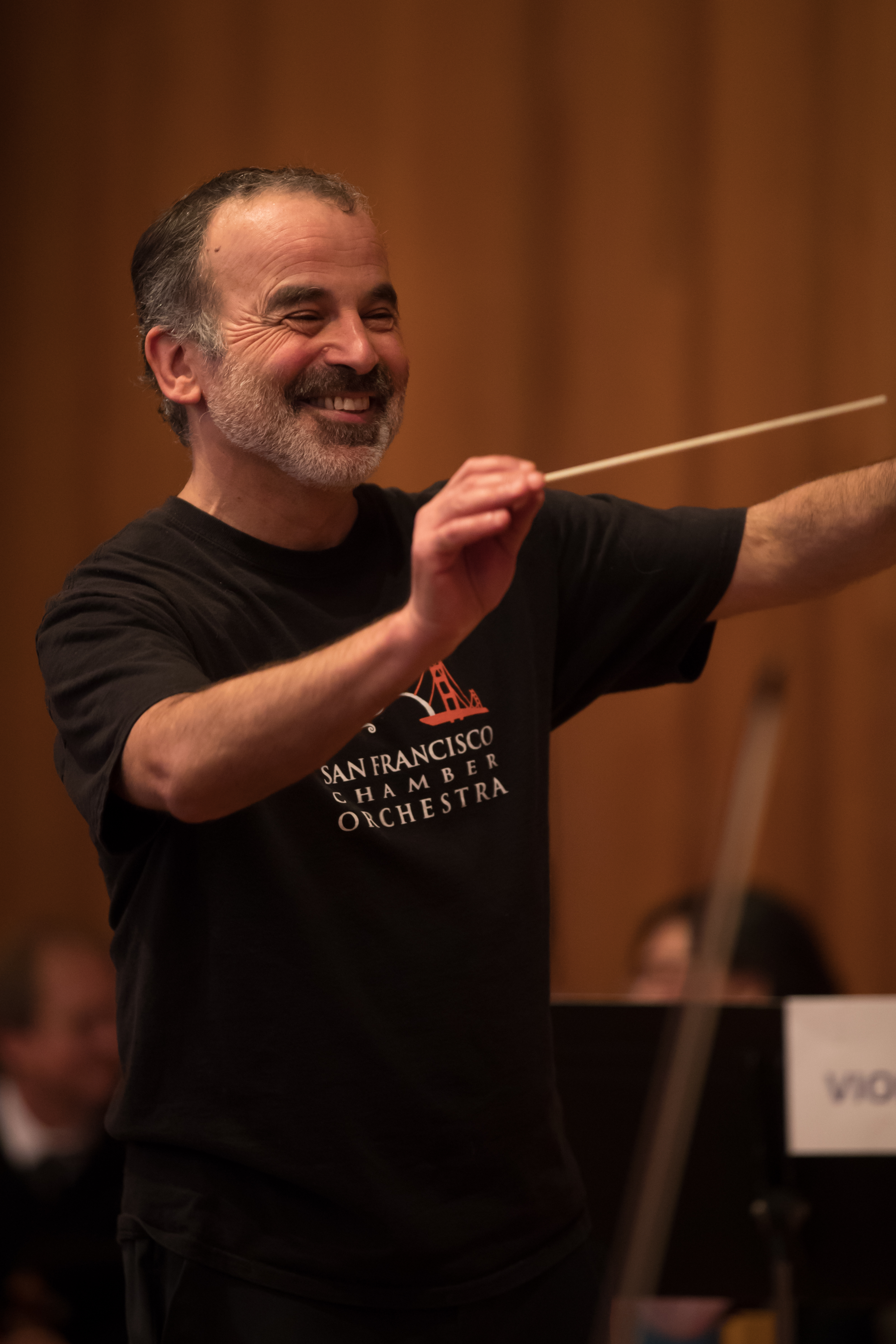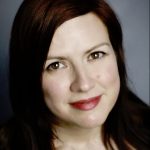What a crazy time. Even while some segments of our society are able to restore their equilibrium and restart their activities, music is really taking it on the chin. How can we even imagine concerts in a world where people can’t gather? It’s going to be a long time before we get back to normal.
We have to create our own normal, a musical world we can inhabit in the meantime. Hooray for the new tools that allow us to play “together” even though we’re apart. And AMN is not going to stop doing workshops; we just have to do them from a distance. We invite you to join us in a virtual world of music connection.
We still want to connect you with amazing mentors. Our “At Home” series will allow these wonderful artists to welcome you into their worlds. Mentors will still share their passions with you, whether it’s a technique to share and learn, or a conversation about a personal interest that drives a musical life we usually only experience from the stage in performance. And now, with the advantage of online technology, every participant will have the best view in the house. You’ll be able to ask questions and enjoy a flow of information and interaction. It’s not less, it’s different.
We’ve presented two of these workshops so far and we are planning many more. We’re looking forward to some skills-focused sessions with great mentors including Scott Pingel, Evan Price, Nick Platoff, and Sandy Cressman. In June there will be a technical series to help you get up to speed with music recording at home. We’re working on a series of period-instrument workshops. And there will be wonderful conversations with musical luminaries.Take our survey to tell us if there’s a topic you’re particularly interested in exploring!
We intend to continue offering these workshops as long as we’re forced to stay apart. If they prove valuable enough to stand on their own even when we can return to in-person workshops, they’ll become a permanent part of our AMN offerings.
Amateur Music Network is here for you, and we won’t stop supporting the community in music-making. We continue to look for ways to keep our passion for music alive in a tough time, and hopefully we’ll find them together. So please, as always, stay safe, stay healthy, and stay musical!
Lolly Lewis is a recording producer, amateur singer, and the founder of Amateur Music Network.


